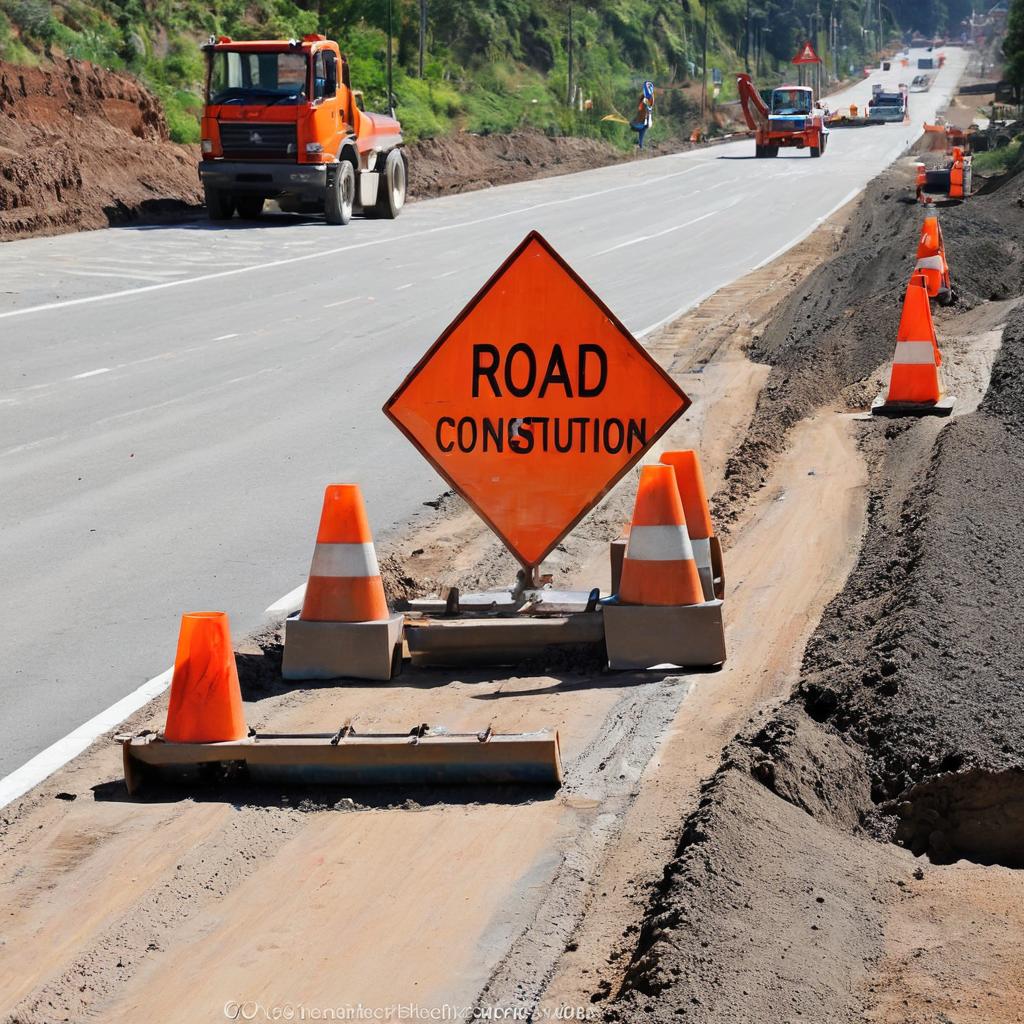Paving the Future: Using Graphite Tailings in Asphalt for Sustainable Roads

In an innovative leap towards sustainable road construction, researchers from Heilongjiang University have developed a method to enhance asphalt mixtures using solid waste graphite tailings (GT). This study not only aims to improve road performance but also addresses the environmental challenges posed by graphite mining waste.
What are Graphite Tailings?
Graphite tailings, a byproduct of extensive mining activities, have long been a source of pollution, contributing to dust formation and water contamination. With China's reserves accounting for about 25% of the world's graphite, the country faces a significant environmental challenge from the annual discharge of over six million tons of GT. Researchers Hongbo Liu and his team from Heilongjiang University set out to turn this waste into a valuable resource for road construction.
Optimal Use of Jixi and Luobei GT in Asphalt Mixtures
The study focused on two types of GT, sourced from Jixi (JX-GT) and Luobei (LB-GT) in Heilongjiang Province. The researchers incorporated these tailings into asphalt mixtures, replacing fine aggregates at varying rates—0%, 25%, 50%, 75%, and 100%. They conducted an array of tests to analyze the physical and chemical properties of the GT and assess the performance of the resulting asphalt mixtures.
The microscopic analysis revealed notable differences between JX-GT and LB-GT. JX-GT particles were larger, cleaner, and more angular, which are desirable traits for asphalt mixtures. Both types of GT shared similar primary oxide compositions, although there were minor variations in their content.
One of the significant findings was JX-GT's ability to improve the high-temperature stability of asphalt mixtures. When JX-GT was used with 90# asphalt, the optimal substitution rate was found to be 100%. For SBS-modified asphalt, a 50% substitution rate was ideal. These mixtures exhibited superior dynamic stability and reduced rutting depth, making them more resistant to deformation under high temperatures.
JX-GT also enhanced the bending stretchability of the asphalt mixtures. The flexural tensile strength and stiffness modulus increased significantly with higher substitution rates of JX-GT, outperforming LB-GT. This means that roads constructed with these mixtures are likely to be more flexible and durable, capable of withstanding greater stress without cracking.
Water and Frost Resistance with JX-GT in Asphalt Mixtures
Water stability tests demonstrated that JX-GT significantly improved the resistance of asphalt mixtures to water damage. This improvement is crucial for maintaining road integrity in moist conditions. The optimal substitution rates were 100% for 90# asphalt and 50% for SBS-modified asphalt. This increased water stability ensures that the roads remain robust and less prone to damage over time.
Frost resistance was another area where JX-GT showed its strength. The asphalt mixtures with JX-GT maintained higher stability and lower damage rates after freeze-thaw cycles, which is essential for roads in regions with extreme temperature variations. The best results were achieved with a 50% substitution rate for both types of asphalt.
The research concluded that JX-GT is highly effective in improving the performance of asphalt mixtures, with a 50% substitution rate offering the best balance between performance enhancement and material efficiency. This innovative approach not only improves road performance but also offers substantial environmental benefits by reducing waste and conserving natural resources.
GT Asphalt Mixture Research Roadmap
Looking ahead, the researchers plan to delve deeper into the microscopic properties of GT asphalt mastic and explore its application in other graded asphalt mixtures. Field tests will also be conducted to observe the real-world performance of these innovative mixtures under varying conditions.
This research, supported by various scientific research funds and foundations, marks a significant step towards sustainable infrastructure development. It highlights the potential of transforming industrial waste into valuable construction materials, promising economic, environmental, and societal benefits. By integrating solid waste GT into asphalt mixtures, we can pave the way for more durable, eco-friendly roads, showcasing a practical solution to one of the pressing environmental challenges of our time.










